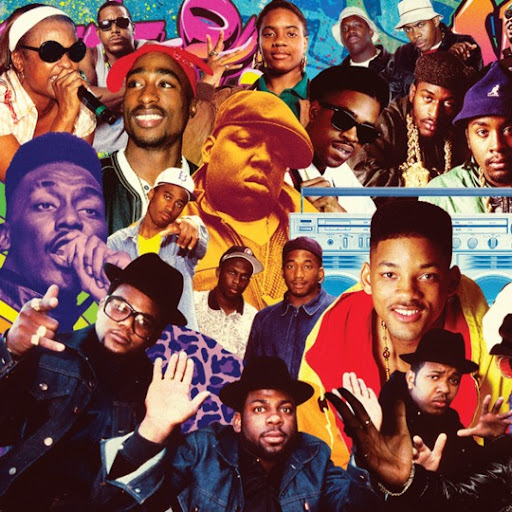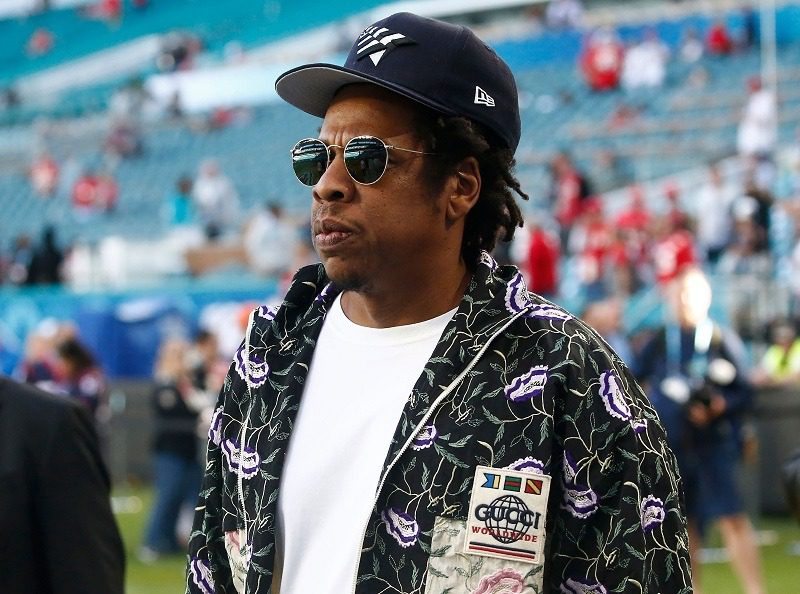
Hip hop, born in the Bronx in the late 1970s, has transcended its humble beginnings to become a global cultural force. While the genre has always been celebrated and revered, it wasn’t until recently that it gained official recognition through National Hip Hop Month. This November, we delve into the origin and importance of this cultural celebration.
Origins of National Hip Hop Month
The roots of hip-hop as a cultural movement date back to the South Bronx in the early 1970s. A combination of turntablism, emceeing, breakdancing, and graffiti art gave birth to this new form of expression. Hip-hop rapidly spread across the boroughs of New York City and beyond, becoming a platform for marginalized communities to voice their experiences, challenges, and hopes.
Advertisement
National Hip Hop Month traces its origins back to November 2001 when the Hip Hop Cultural Center, led by DJ Kool Herc and Rocky Bucano, petitioned the U.S. Congress to officially recognize November as the month to celebrate hip hop culture. This move aimed to acknowledge hip-hop’s cultural significance and its positive impact on countless lives, especially in underserved communities.
Importance of National Hip Hop Month
Cultural Preservation: National Hip Hop Month plays a vital role in preserving hip-hop culture’s history, values, and stories. This recognition ensures that the legacy of hip-hop artists and pioneers is remembered and celebrated for generations to come.
Empowerment and Education: Hip-hop is a powerful tool for empowerment and education. It allows individuals to express themselves creatively, build self-confidence, and learn about social and political issues. National Hip Hop Month highlights the importance of hip-hop as an educational tool, inspiring the next generation to engage with this dynamic art form.
Celebrating Diversity: Hip-hop is a diverse and inclusive culture that brings people of all backgrounds together. National Hip Hop Month recognizes the contribution of artists from various racial, ethnic, and socioeconomic backgrounds, emphasizing the importance of diversity and unity.
Social and Political Commentary: Hip hop has been a vehicle for addressing important social and political issues. From N.W.A.’s “F*** Tha Police” to Kendrick Lamar’s “Alright,” hip hop has been a platform for artists to speak out against injustice and inequality. National Hip Hop Month highlights the genre’s role as a social and political commentator.
Economic Impact: Hip hop is a billion-dollar industry that has created jobs and opportunities for countless individuals. It has propelled artists to stardom and fostered entrepreneurship in various sectors like fashion, film, and technology.
Inspiration and Aspiration: Many young individuals aspire to become hip-hop artists, producers, or entrepreneurs. National Hip Hop Month inspires the next generation to pursue their dreams, emphasizing that they can achieve their goals with hard work, creativity, and determination.
In conclusion, National Hip Hop Month is not just a celebration of music and dance; it’s a celebration of culture, diversity, empowerment, and expression. It recognizes the art form’s influence on society, from political activism to economic growth. As we celebrate National Hip Hop Month this November, let’s remember the pioneers, artists, and communities that have shaped this incredible cultural movement and continue influencing the world.







